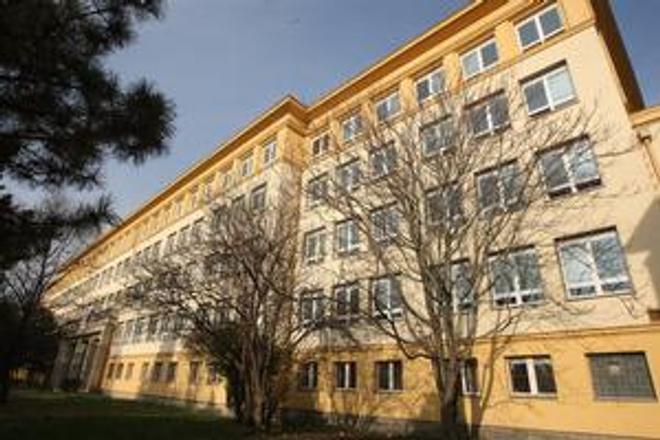The author is a former Slovak lawmaker. He currently leads an impact investment fund and serves as a visiting professor at Sciences Po in Paris and the Hertie School of Governance in Berlin.
Slovakia is a country of elite grammar schools. From Bratislava to Michalovce, every region boasts at least one institution attended by the most talented and ambitious secondary school students.
Their names are easy to find – just look up the rankings published by INEKO [an independent Slovak think tank evaluating education quality]. Schools such as Poštová and Šrobárova in Košice, Jozef Gregor Tajovský Grammar School in Banská Bystrica, the bilingual grammar school in Sučany, and others in Trnava, Trenčín, Žilina, Poprad and Prešov regularly feature among the top.
As in every country, most of these schools are concentrated in the capital. And it is precisely in Bratislava that I most often encounter, in conversations with parents of final-year students at these schools, a deep and almost existential anxiety.
And the young ones – they fled…
These parents mostly belong to the metropolitan elite. They are not necessarily wealthy. Even among the middle class, there are families who – thanks to genetics, ambition, and constant nurturing – have succeeded in placing their children in top institutions like Jur Hronec Grammar School, where they can receive an excellent education without paying the exorbitant fees demanded by private “international schools”.
However, students from socially disadvantaged backgrounds are conspicuously absent. As the headteacher of Poštová Grammar School – arguably the best in eastern Slovakia – once told me: “Poor kids, we more or less don’t have any.”

 The Spojená škola Novohradská was created through the merger of two schools – Košická Primary School and Jura Hronca Grammar School. The latter was founded in 1959 and today counts both prominent and controversial figures among its alumni. (source: SME - Vladimír Šimíček)
The Spojená škola Novohradská was created through the merger of two schools – Košická Primary School and Jura Hronca Grammar School. The latter was founded in 1959 and today counts both prominent and controversial figures among its alumni. (source: SME - Vladimír Šimíček)